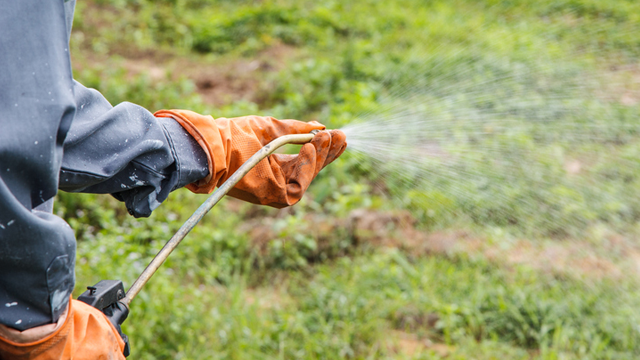
Weed control in agricultural landscapes has been dominated by herbicides for over 75 years. Like the advent of antibiotics, herbicides were well-regarded tools in the fight to control weeds and improve yields. Most people are familiar now with antibiotic resistant bacteria—and the same has happened with herbicides. Decades of research has shown that resistant weed varieties have adapted, and other weed-control tools will be necessary. Change and adaptation are hallmarks of scientific research.
The "Future of Weed Science: Thinking Beyond Herbicides in the Agricultural Landscape" symposium planned at the Managing Global Resources for a Secure Future ASA, CSSA, SSSA International Annual Meeting in Tampa, FL, will address this important topic. The symposium will be held Monday, October 23, 2017, at 1:30 PM. The meeting is sponsored by the American Society of Agronomy, Crop Science Society of America, and the Soil Science Society of America.
According to the symposium organizer, Stephanie Wedryk, today's weed control issues revolve around three concepts—resistance, economics, and management practices. "Herbicide resistant weeds and the lack of new modes of action limit the ability to manage weeds chemically," says Wedryk, who works at Land O'Lakes. "Although new herbicide resistant crop varieties have been introduced in recent years, complicated application requirements and potential over-reliance on these technologies may limit their effectiveness. Weed management considerations must be balanced with soil conservation practices and the cost of inputs to be sustainable. The weed science discipline must consider new technologies and how to integrate these technologies for effective weed control in the future."
Todd Gaines, Colorado State University, will review the "fascinating examples of resistance evolution." His talk is titled "Using Molecular Tools to Understand and Combat Herbicide Resistance."
Weeds may be managed by soil microbes in the future—a sort of probiotic for plants. Jenny Kao-Kniffin, Cornell University, will present "Microbial Role of Plant-Soil Negative Feedback Processes and Implications for Weed Management."
"Automated Weed Control" will be presented by Steven Fennimore, UC Davis. He proposes we will be using robots to weed our gardens—and our farms—in the future.
The big picture of weed control will be presented by Eric Gallandt, University of Maine. "A greater diversity of crops and disturbances provides the multiple stresses required to manage weeds without, or with reduced, reliance on herbicides." His presentation is titled "Multiple Stresses and the Case for Ecologically Based Weed Management."











